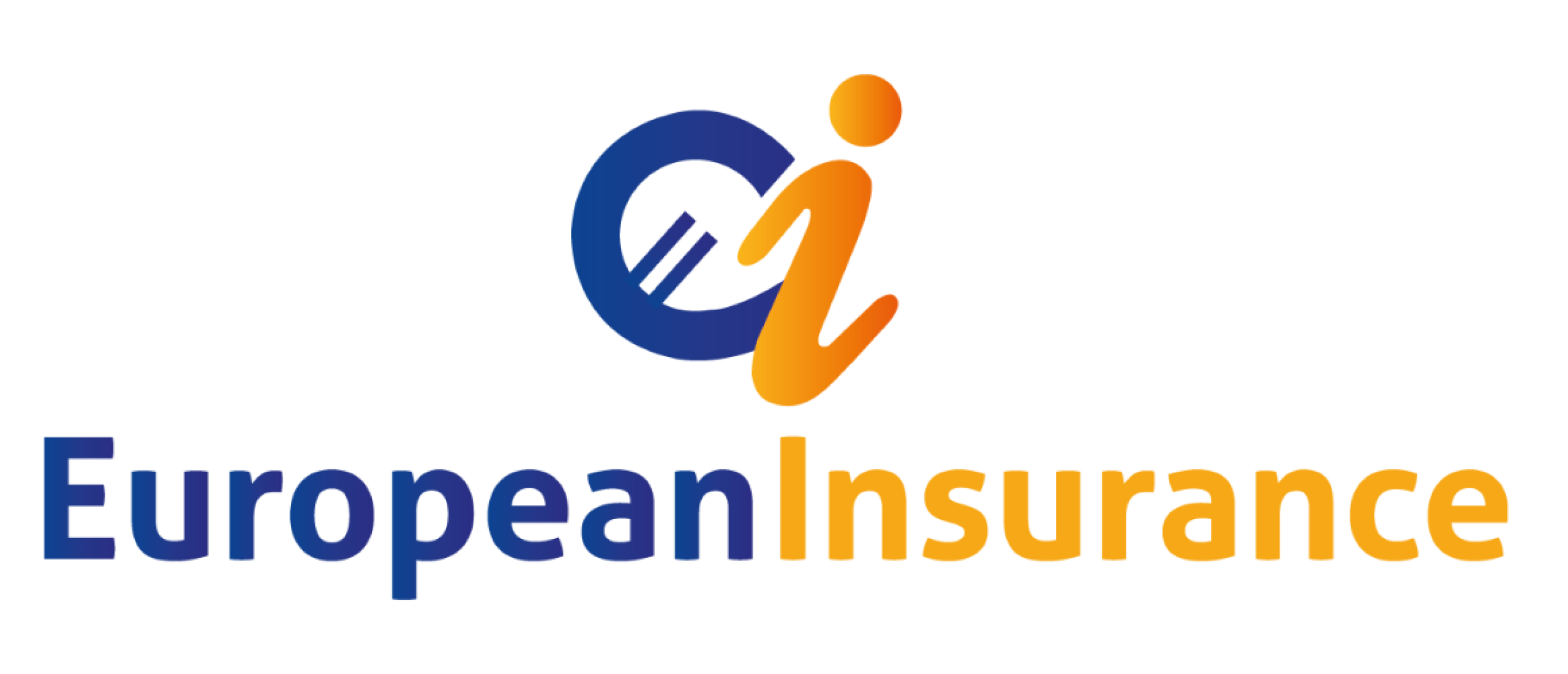
Expat Healthcare in the Netherlands: A Comprehensive Guide for Expats
Expat healthcare in the Netherlands is renowned for its efficiency and accessibility. As an expat settling into this vibrant country, understanding the healthcare system can be a top priority. This comprehensive guide will equip you with the knowledge you need to navigate healthcare in The Netherlands with confidence.
Understanding the Expat Healthcare System in The Netherlands
The Netherlands boasts a universal healthcare system built on the principles of solidarity and accessibility. This means everyone legally residing in the Netherlands has the right to basic healthcare coverage. The system is overseen by the National Health Care Institute (Zorg Instituut Nederland - ZIN) and delivered through a network of private healthcare providers and insurers.
Key Features of Dutch Healthcare:
- Universal Coverage: Every resident has access to basic healthcare services.
- Mandatory Health Insurance: Dutch health insurance is mandatory for everyone living or working in the Netherlands.
- Gatekeeper System: General Practitioners (GPs) act as the first point of contact for non-emergency medical issues.
- High-Quality Care: The Netherlands consistently ranks high in international healthcare quality comparisons.

Health Insurance in the Netherlands (Zorgverzekering)
Having Dutch health insurance is a legal requirement. Here's a breakdown of the system:
- Basic Health Insurance (Basisverzekering): This mandatory insurance covers a broad range of essential healthcare services, including:
- Consultations with GPs
- Hospital stays (after an excess payment)
- Specialist treatment (after referral from a GP)
- Most prescription medications
- Maternity care
- Excess Payment (Eigen risico): Basic health insurance includes an annual excess payment (eigen risico) you'll need to pay for certain medical services, such as hospital admissions or specialist consultations. The maximum excess is currently €385 (as of 2024) and can be lowered by choosing a higher monthly premium.
- Supplemental Insurance: You can opt for additional insurance plans to cover services not included in the basic package, such as dental care, physiotherapy, or alternative medicine.
Navigating the Healthcare System as an Expat
Here are the essential steps to take care of your health needs in the Netherlands:
1. Register with a General Practitioner (GP): Find a local GP practice (huisartsenpraktijk) near your residence.Registration is usually straightforward, but it's best to inquire about any specific requirements beforehand. Many practices have English-speaking staff, making communication easier for expats.
2. Health Insurance: Obtain Dutch health insurance within four months of arriving in the Netherlands to avoid fines.Several reputable insurance companies offer plans specifically tailored for expats. Consider factors like monthly premiums, excess payments, and coverage when choosing a plan.
3. Appointments and Referrals: Contact your GP for non-emergency consultations. They can provide various services, including routine check-ups, treatment for minor illnesses, referrals to specialists, and prescriptions for medication.
4. Pharmacies (Apotheken): Pick up prescribed medications at a local pharmacy (apotheek). Your GP will provide instructions on dosage and potential side effects.
5. Emergency Services: Dial 112 immediately for life-threatening emergencies. For urgent care outside of GP hours,visit a "huisartsenpost" (GP out-of-hours service). These facilities are located throughout the country and handle urgent medical issues that cannot wait until your GP's regular hours.

Additional Considerations for Expats
- Dental Care: Unlike basic health insurance, dental care is not included for adults. Consider taking out supplemental insurance to cover dental check-ups, cleanings, and treatments.
- Language: While English is widely spoken in the Netherlands, learning some basic Dutch phrases can be helpful for navigating the healthcare system.
- Cultural Differences: Healthcare practices might differ slightly from what you're accustomed to. Be open to asking questions and discussing your medical needs with your GP.
Important questions you can ask yourself:
1. Is health insurance mandatory in the Netherlands?
Yes, health insurance is mandatory for everyone residing or working in the Netherlands. This ensures that everyone has access to essential healthcare services. The Dutch healthcare system is funded through a combination of government subsidies and mandatory health insurance premiums.
2. How do I choose a health insurance plan in the Netherlands?
When selecting a health insurance plan in the Netherlands, consider the following factors:
- Monthly premium: The amount you pay each month for your insurance coverage.
- Excess payment (eigen risico): The annual deductible you pay for certain medical services before insurance coverage kicks in. Lower excess payments typically result in higher monthly premiums.
- Coverage: The range of healthcare services covered by the plan, including basic care, specialist treatments, and any additional benefits.
- English-speaking customer service: If English is your primary language, check if the insurance company offers English-speaking customer support.
3. How do I find a general practitioner (GP) in the Netherlands?
You can find a GP in the Netherlands through various methods:
- Online search: Use online directories like Dokterplaza or Zorgkaart Nederland to search for GPs in your area based on location, language, and other preferences.
- Check our section of trusted partners: here you will find good and reliable partners
- Ask your neighbors or colleagues: If you've already settled in, seek recommendations from people you know in your neighborhood or workplace.
- Contact your health insurance company: Your insurance provider may have a list of GPs in your network or can assist you in finding a suitable one.
4. What should I do in case of a medical emergency in the Netherlands?
In case of a life-threatening emergency, dial 112 immediately. For urgent medical care outside of GP hours, visit a "huisartsenpost" (GP out-of-hours service). These facilities are located throughout the country and handle urgent medical issues that cannot wait until your GP's regular hours.
5. Is dental care covered by basic health insurance in the Netherlands?
No, dental care for adults is not included in the basic health insurance package. However, you can opt for supplemental dental insurance plans to cover dental check-ups, cleanings, and treatments. These plans vary in terms of coverage and premiums.
6. Is Dutch Healthcare good?
Yes, Dutch healthcare is generally considered to be good. Here's why:
- High Quality: The Netherlands consistently ranks high in international healthcare quality comparisons. For instance, a 2021 study by the Commonwealth Fund ranked the Dutch healthcare system second out of eleven high-income countries.
- Universal Coverage: Everyone legally residing in the Netherlands has access to basic healthcare services. This ensures equitable access to healthcare for the population.
- Accessibility: The healthcare system is well-funded and readily accessible to residents. There's a network of GPs and hospitals spread throughout the country.
- Advanced Technology: Dutch hospitals and clinics utilize advanced medical technology and treatment methods, providing patients with access to modern healthcare practices.
However, it's important to consider some aspects:
- Waiting Lists: For non-emergency procedures, there can be waiting lists depending on the treatment and specialist. This is an area where the system can be improved.
- Cost Sharing: While basic healthcare is covered, you might have to pay an excess payment (eigen risico) for certain services like hospital admissions or specialist consultations. There are also additional costs for dental care unless you have supplemental insurance.
Overall, the Dutch healthcare system offers high-quality care with good accessibility. By understanding the system and planning ahead, you can ensure a positive experience. If you have any pre-existing conditions, it's wise to research how well they are managed within the Dutch system before moving.
Settling In and Staying Healthy
With a little preparation and this guide as your reference, you can confidently navigate the Dutch healthcare system.Remember, preventative care is vital for maintaining good health. Schedule regular GP check-ups, follow a healthy lifestyle, and don't hesitate to seek medical attention when needed.
Remember, preventative care is crucial for maintaining good health. Schedule regular GP check-ups, follow a healthy lifestyle, and don't hesitate to seek medical attention when needed. By understanding the Dutch healthcare system and taking proactive steps to care for your health, you can enjoy a healthy and fulfilling life in the Netherlands.
We hope this comprehensive guide empowers you to take charge of your health and well-being in the Netherlands!










